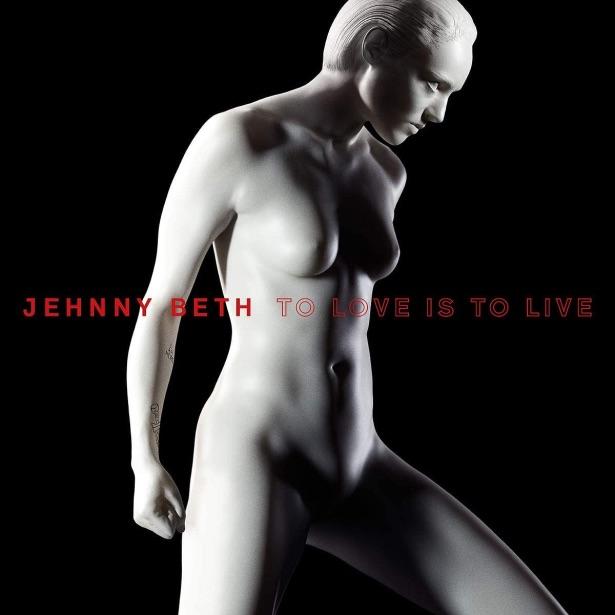
When Camille Berthomier (for it is she) cited her band Savages as a ‘prison for creativity’ a few years ago, her comments were received with some raised eyebrows. Whilst the band’s oeuvre could certainly be categorised as post-punk with little resistance, that both albums were nominated for the Mercury suggested a tinge of artist pretension.
Regardless, the time it’s taken to release her debut solo album (four years) was a clear indicator that it would be a sonic departure. Despite a few extra-curricular distractions (collaborations with Julian Casablancas and Gorillaz, as well as her own online chat show), it feels like this album has been coming forever. However, it’s now plain to see that Beth has very obviously poured her heart, soul and mind into it, with a breadth of soundscapes that make her much more difficult to categorise.
Cinematic in scale and sound, the album starts and concludes with the ticking hands of a watch. On I Am, a deep voice eulogising (‘I am the voice that no-one can hear’) eventually gives way to Beth herself lamenting about repressed desires. It’s moody and string-led, setting the tone for the album. The ambient Humans is equally brooding but even more despondent; the album is designed to be a reflection of the struggles of femininity, but she repeats the earlier lyrics (‘I am naked all the time, I am burning inside’) as if to say that the cycle never stops.
While there’s much diversification in sonics, the songs broadly channel two moods: righteous fury via beat-heavy electronica and more introspective, fragile musings. On first listen it’s the latter which captures attention; the clanking Innocence is anything but, dissonant and engulfing as Beth decries ‘Catholic guilt’ which ‘teaches you it’s bad form to think man is a piece of shit’. Too specific to be a anything but personal experience, it’s an uncomfortable but enthralling listen.
The glitchy, Thom Yorke-esque How Could You brings the master of righteous fury, Joe Talbot of IDLES, into a fray of machine-gun rock, but best of all is I’m A Man: while most akin to Savages, it’s more like The Prodigy doing slammers with Sleigh Bells, fuzz and distortion give way to a brief interlude of boudoir balladry before once again ripping your throat about. Gender politics are a topic never far from the subject matter of the album, but here it’s most forcibly foisted upon us. Industrial punk rock at its finest.
We Will Sin Together and the monologue A Place Above (featuring Cillian Murphy) have backbones of ominous synths, while humility reigns on the gothic Heroine, a successful fusion of electronica and French horns.
The rest are more winsome; Flowers is as light and delicate as you would expect, a trip-hop ode to a lost love (‘she loves me and I love her, I’m not sure how to please her’), while The Rooms is a callback to Beth’s schoolgirl studies in jazz piano – sullen, elegant and classy, in a Regency sort of way.
She has been open about the album being influenced by the death of David Bowie, and nowhere is that more apparent than on The French Countryside. It’s a warm recalling of days gone by, but is almost too similar in tone and vibe to Dollar Days by the great man, very nearly the French equivalent of a paean to England’s green fields. However, there is no finer artist to set as a benchmark.
With its diverse soundscapes and emotive subject matter, To Love Is To Live can be regarded as mission accomplished.

